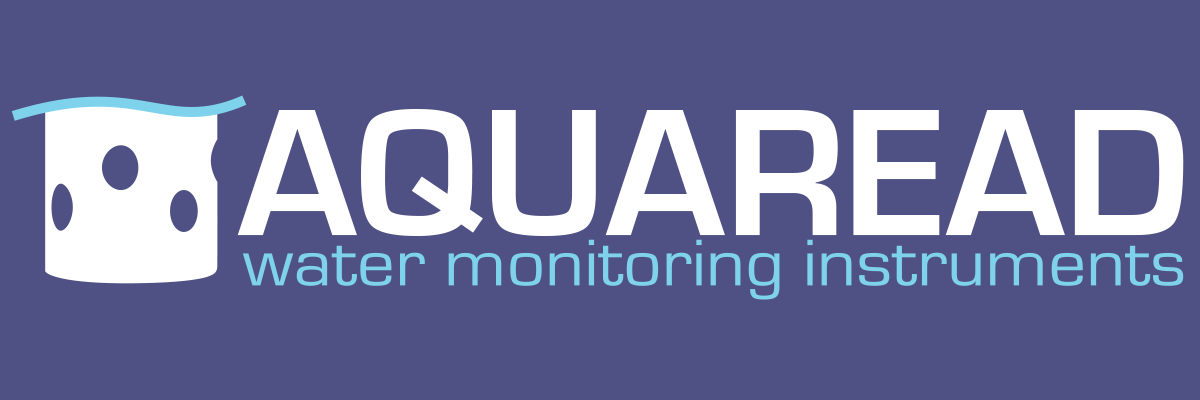Following a blog posted on 24.05.2012 about collaboration between Aquaread and the University of Brighton, we can now report that a second paper has been published in the Earth Surface Processes and Landforms by Dr Gary Bilotta and PhD student Magdalena Grove (https://www.brighton.ac.uk/about-us/contact-us/index.aspx).

The paper follows up on a previous publication about developing environment-specific water quality guidelines for suspended particulate matter, which is available here https://www.sciencedirect.com/science/article/pii/S0043135412000875.
The new publication investigates the laboratory techniques used in estimating fluvial particulate organic carbon and is called: “On the use of loss-on-ignition techniques to quantify fluvial particulate organic carbon”. The results of this study showed that the conventional technique (mass loss on ignition) is not as accurate method for determination of fluvial particulate organic carbon as an oxidative-combustion and CO2 detection method for a number of reasons. This has implications for turbidity monitoring, because we need to understand the parameters that turbidity acts as a surrogate for, and we need to be able to accurately rate turbidity against these. You can access the abstract for the paper here: https://onlinelibrary.wiley.com/doi/abs/10.1002/esp.3509.

The authors are also continuing their work on analysing the high resolution water quality data collected using Aquaread probes and Aqualoggers which were deployed for two years (May 2011 – May 2013) across 10 monitoring sites in the UK. The results of this study will hopefully support the development of more detailed and environment specific guidelines for suspended sediments and be published later on this year.
